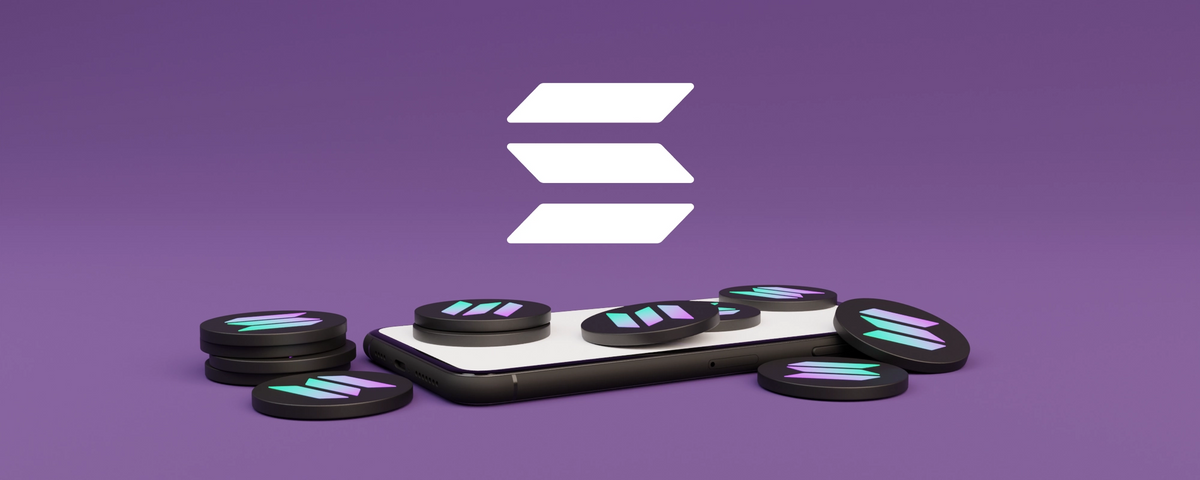Solana Developer Library
Learn About The Solana Program Library (SPL) and SPL Token
Type
Educational
Time To Read
4 Min
Blockchain
solana
SPL Program Library (SPL)
The SPL is a collection of on-chain programs (smart contracts) that provide functionality commonly required by Solana-based decentralized applications (dApps). These programs are pre-written and deployed by Solana developers to simplify development.
Examples of programs in the SPL include:
- SPL Token Program: Manages fungible and non-fungible tokens.
- SPL Associated Token Account Program: Links a user's wallet with their token balances.
- SPL Memo Program: Allows attaching text or data (metadata) to transactions.
- SPL Governance Program: Facilitates decentralized governance.
Developers interact with SPL programs using the Solana SDKs or by directly sending transactions.
SPL Token
The SPL Token is the token standard on the Solana blockchain, similar to the ERC-20 and ERC-721 standards on Ethereum. It is used for creating fungible tokens (like cryptocurrencies) and non-fungible tokens (NFTs).
Key Features of SPL Tokens
- Speed and Efficiency: Solana's high throughput ensures fast and low-cost token transfers.
- Versatility: Supports fungible and non-fungible tokens.
- Wide Compatibility: Integrated into wallets, decentralized exchanges (DEXs), and other dApps in the Solana ecosystem.
Key Concepts
- Mint Authority: The entity that controls token issuance.
- Freeze Authority: The entity that can pause or freeze transactions for a token.
- Associated Token Accounts (ATA): Each wallet holds its token balances in ATAs, automatically created for users upon token interactions.
Use Cases
- Cryptocurrencies: Creating your own token for use in a decentralized application or community.
- DeFi: Issuing stablecoins, governance tokens, or staking rewards.
- NFTs: Representing unique digital assets like art, music, or in-game items.
- Gaming: Powering play-to-earn economies or virtual goods.
If you're interested in creating an SPL token, go through the process, including writing a program to interact with the SPL Token Program !
